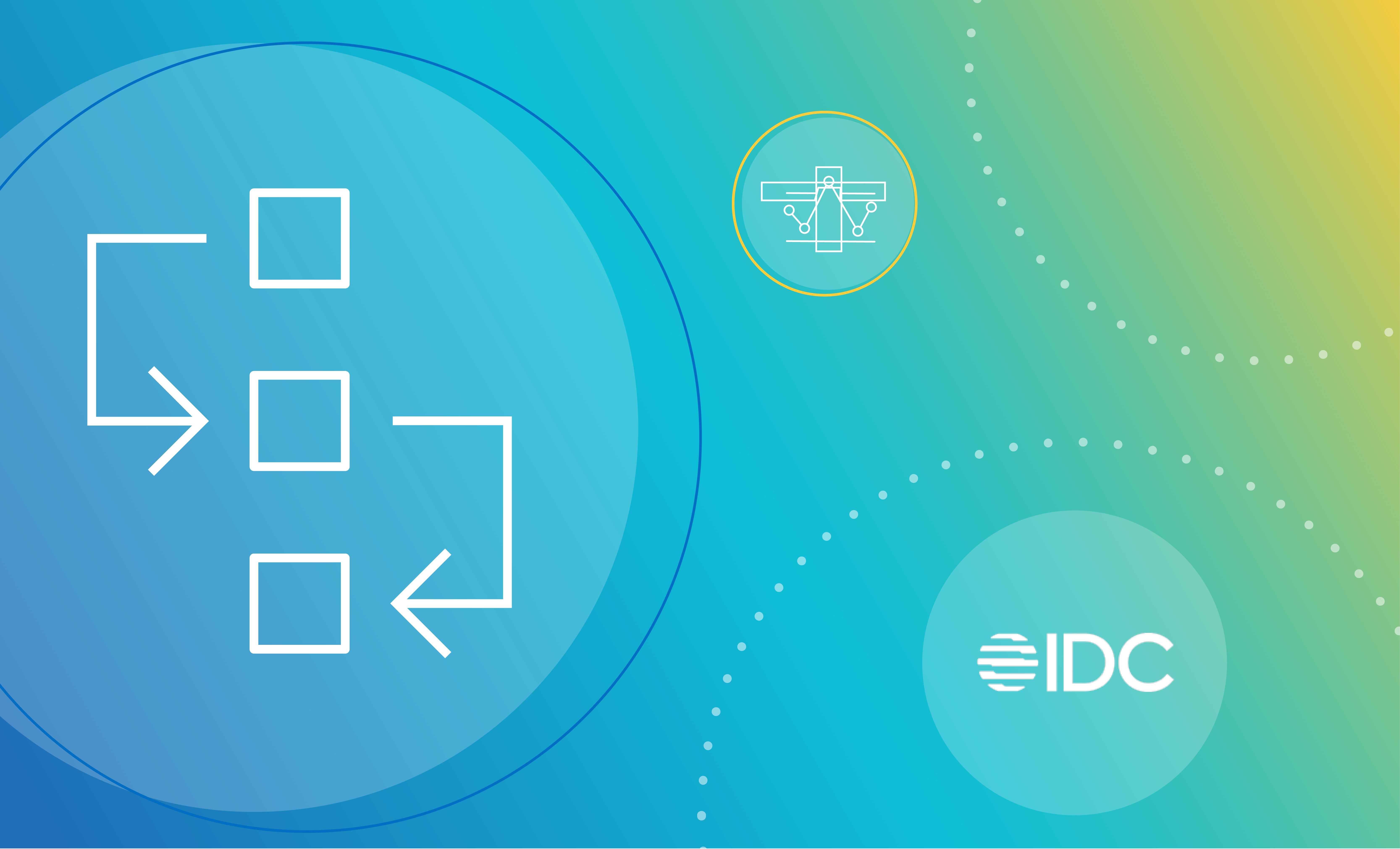As more organizations are dealing with higher volumes and varieties of data, they are encountering more data-related problems. Whether it’s managing data quality, installing cybersecurity measures, or simply budgeting for the high cost of processing and storing enormous amounts of information, enterprises face growing challenges to enable data access and usage.
Data governance programs create policies, processes, and roles for handling large quantities of data in a way that makes it accurate, trustworthy, and available for decision-making. Although the practical implementation of data governance has evolved as organizations digitize their information and migrate to cloud storage, certain best practices have remained consistent.
“Some things don’t ever change,” says Collibra Senior Manager of Data Intelligence Simla Sivanandan. No matter the organization’s size, every company faces similar roadblocks to installing an effective, sustainable data governance program.
To explore these common challenges and how to overcome them, Simla moderated a panel at Collibra’s Data Citizens 2024 conference with experts Garth Gehlbach, Head of Data Governance at Western Governors University; and Prameet Chadha, Assistant Director of Product Management and Operations at Northwestern Mutual. To watch the full video on-demand, register here.
Although they hail from different industries, the panelists all agree on these core requirements for funding and expanding a successful data governance program.
Start: Making the case for data governance
As with any technology initiative, data governance investments can only be justified with a solid understanding of the return. . Business leaders need to understand both the everyday use cases of a data catalog and the positive return on a major investment in data quality.
When starting a data governance program at Western Governors University, Garth found a need for both quantitative and qualitative support. Numbers can show an increase in productivity — for example, by demonstrating how a data intelligence platform reduces the amount of time spent looking for data — but stories often have the greatest impact.
“Having a champion helping to justify [data governance] is an anchor point to the numbers side of it,” Garth says. If someone from outside of a technical department can describe how the platform solved a common workplace problem, others in the company are likely to take notice.
Align: Continually selling the value of data governance
Making the case may win funding for the first year, but data governance teams need to continue to demonstrate the value of their programs to justify ongoing resource allocation. Until governance becomes hard-coded into the company culture or mandated under regulatory requirements, funding conversations risk turning into an annual exercise.
In most organizations, there will come a point when executive decision-makers wonder why they’re still paying for a governance program — Didn’t we already finish that? But unlike other strategic initiatives, data governance isn’t a one-and-done process. “There’s really no tight start and end,” Garth says. “It’s a continuous thing.”
Whether it’s lunch-and-learn workshops, videos, or demonstrations, any resource that shares the day-to-day benefits of data quality will increase adoption rates and win new advocates. “It’s important to not only evangelize constantly but also to recruit champions,” Garth adds. “It’s a communications campaign.”
When a governance program addresses a use case, it’s essential to publicize the impact and celebrate the win across the company — even if that starts with just sharing a message on a Teams space or Slack channel.
Expand: Growing the data governance team
To this point, data governance programs need to recruit not only for technical capabilities but also for soft skills such as teamwork, creativity, and negotiation. Prameet has approximately 30 people on his team at Northwestern Mutual. His advice: Don’t just hire on technical acumen.
“We can’t talk nerd all the time,” Prameet says. “We have to translate into functional layman’s terms. And it’s not just external stakeholder conversations.” Great team members can navigate tensions, resolve conflict, and respond well to feedback.
That’s not to say IT experience doesn’t matter. A successful data governance program requires change management best practices, such as not making a critical update to a system in the middle of the day when most users are online and publishing release notes with new versions of the program.
For this reason, it’s tempting to make hiring decisions based only on a candidate’s IT background, but the recruitment process should also value interpersonal skills. To find the right balance, Prameet recommends conducting unconventional interviews, such as taking someone to happy hour, to get a sense of their personality and communication style in addition to what’s on their resume.
Results: Defining and celebrating success
While adding a new position is often an important milestone, thriving data governance teams also track smaller incremental wins.
To organically increase data governance adoption rates, Prameet emphasizes the importance of solving individual problems over putting on grand roadshows and demonstrations. “When you have one person coming to you [for help], everybody drops what they’re doing,” he says. If the governance team can solve the person’s problem, that individual will likely tell their colleagues, and the program’s positive reputation will spread.
In this case, a successful result for the data governance team is identifying the bigger application for a data quality strategy. These deeper, systematic connections support the ongoing need for data governance funding.
Next steps with Collibra
In many companies, a data governance program starts with one person, so advocating for additional funding and constantly selling the program’s value can feel overwhelming. When you need support, let us know.
Collibra’s Customer Success team has industry reports and other resources to help make the business case justification for how data governance increases productivity and limits enterprise risk exposure. We believe in mutually beneficial partnerships that help organizations do more with trusted data. Connect with us to see how we can work together to expand your data governance initiative.
***
This article is based on a breakout session at Collibra’s Data Citizens 2024 conference in Orlando, FL. Register now for free on-demand access, or request a personalized, one-on-one demo with a Collibra expert today.




